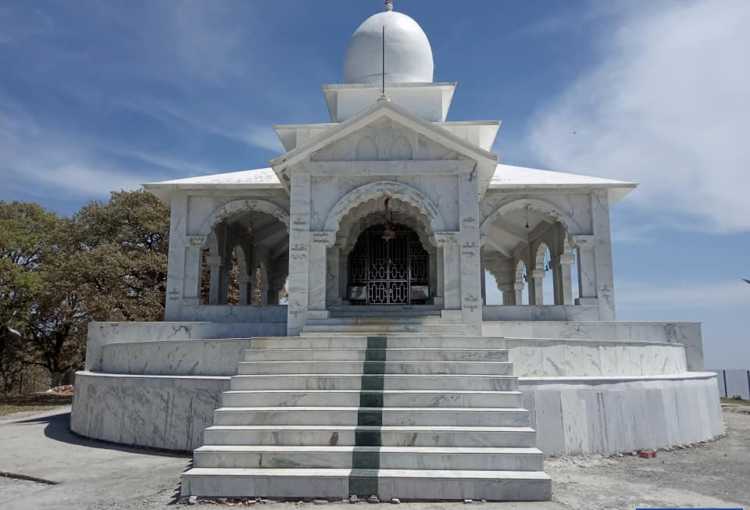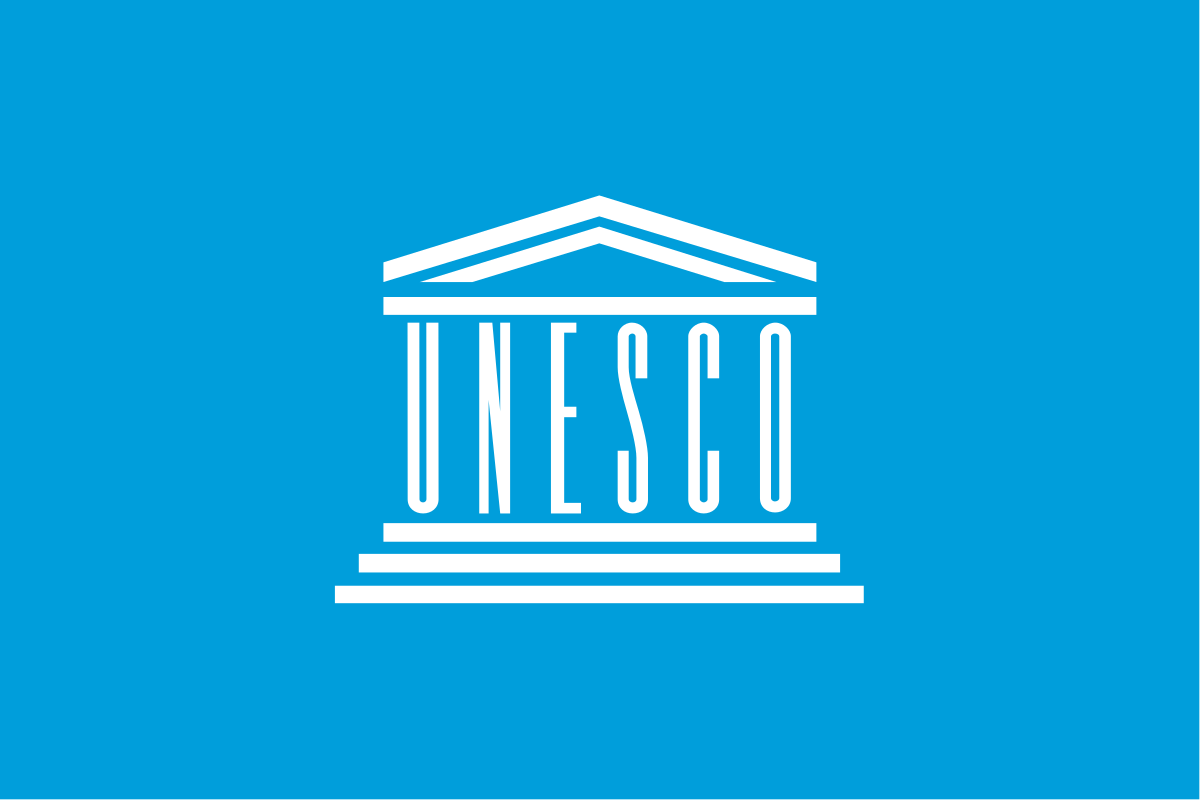Stamp: Itsukushima Shinto Shrine, Japan (World Heritage 1996) (UNO Vienna 2001)
Itsukushima Shinto Shrine, Japan (World Heritage 1996) (UNO Vienna 2001)
01 January (UNO Vienna ) within release World heritage goes into circulation Stamp Itsukushima Shinto Shrine, Japan (World Heritage 1996) face value 2 Austrian schilling
| Stamp Itsukushima Shinto Shrine, Japan (World Heritage 1996) in catalogues | |
|---|---|
| Michel: | Mi:NT-WN 339 |
Stamp is square format.
Also in the issue World heritage:
- Stamp - Himeji-jo, Japan (World Heritage 1993) face value 7;
- Stamp - Shrines and Temples of Nikko, Japan (World Heritage 1999) face value 15;
- Stamp - Ancient Kyoto, Japan (World Heritage 1994) face value 1;
- Stamp - Ancient Nara, Japan (World Heritage 1998) face value 1;
- Stamp - Himeji-jo, Japan (World Heritage 1993) face value 1;
- Stamp - Shirakawa-go and Gokayama, Japan (World Heritage 1995) face value 2;
- Stamp - Itsukushima Shinto Shrine, Japan (World Heritage 1996) face value 2;
- Stamp - Shrines and Temples of Nikko, Japan (World Heritage 1999) face value 2;
Stamp Itsukushima Shinto Shrine, Japan (World Heritage 1996) it reflects the thematic directions:
Religion is any cultural system of designated behaviors and practices, world views, texts, sanctified places, ethics, or organizations, that relate humanity to the supernatural or transcendental. Religions relate humanity to what anthropologist Clifford Geertz has referred to as a cosmic "order of existence". Different religions may or may not contain various elements ranging from the "divine", "sacred things", "faith", a "supernatural being or supernatural beings" or "some sort of ultimacy and transcendence that will provide norms and power for the rest of life". Religious practices may include rituals, sermons, commemoration or veneration (of deities), sacrifices, festivals, feasts, trances, initiations, funerary services, matrimonial services, meditation, prayer, music, art, dance, public service, or other aspects of human culture. Religions have sacred histories and narratives, which may be preserved in sacred scriptures, and symbols and holy places, that aim mostly to give a meaning to life. Religions may contain symbolic stories, which are sometimes said by followers to be true, that have the side purpose of explaining the origin of life, the Universe and other things. Traditionally, faith, in addition to reason, has been considered a source of religious beliefs. There are an estimated 10,000 distinct religions worldwide. About 84% of the world's population is affiliated with one of the five largest religions, namely Christianity, Islam, Hinduism, Buddhism or forms of folk religion.
A temple (from the Latin word templum) is a building reserved for religious or spiritual rituals and activities such as prayer and sacrifice. It is typically used for such buildings belonging to all faiths where a more specific term such as church, mosque or synagogue is not generally used in English. These include Hinduism, Buddhism, and Jainism among religions with many modern followers, as well as other ancient religions such as Ancient Egyptian religion.
The United Nations Educational, Scientific and Cultural Organization (UNESCO; pronounced /juːˈnɛskoʊ/) is a specialized agency of the United Nations (UN) with the aim of promoting world peace and security through international cooperation in education, arts, sciences and culture. It has 194 member states and 12 associate members,as well as partners in the non-governmental, intergovernmental and private sector. Headquartered in Paris, France, UNESCO has 53 regional field offices and 199 national commissions



